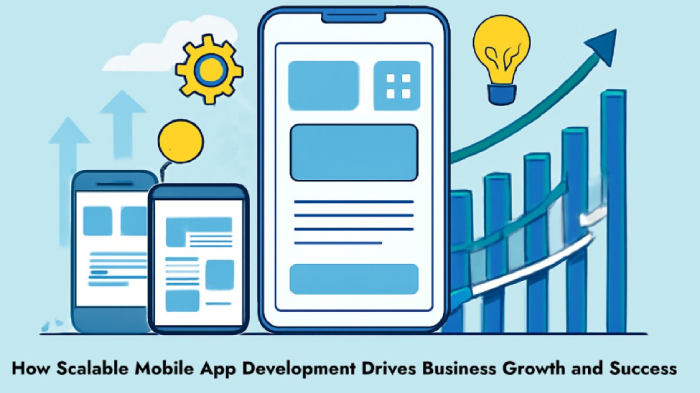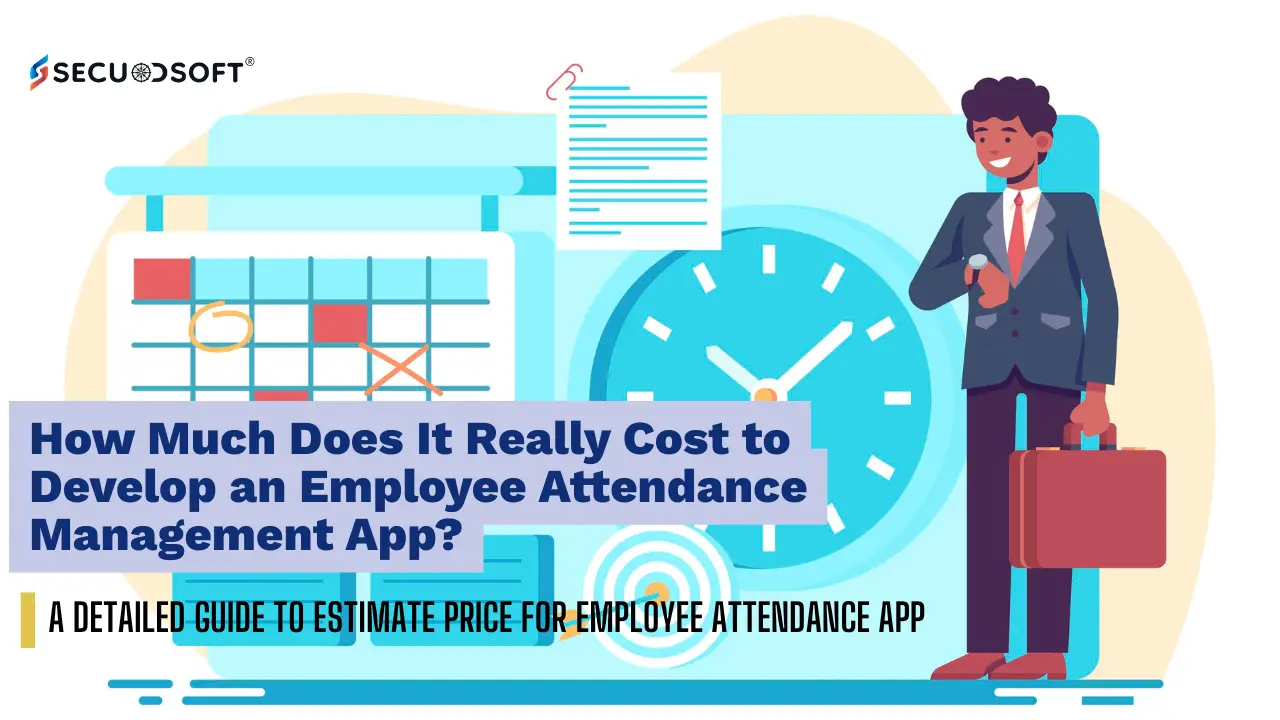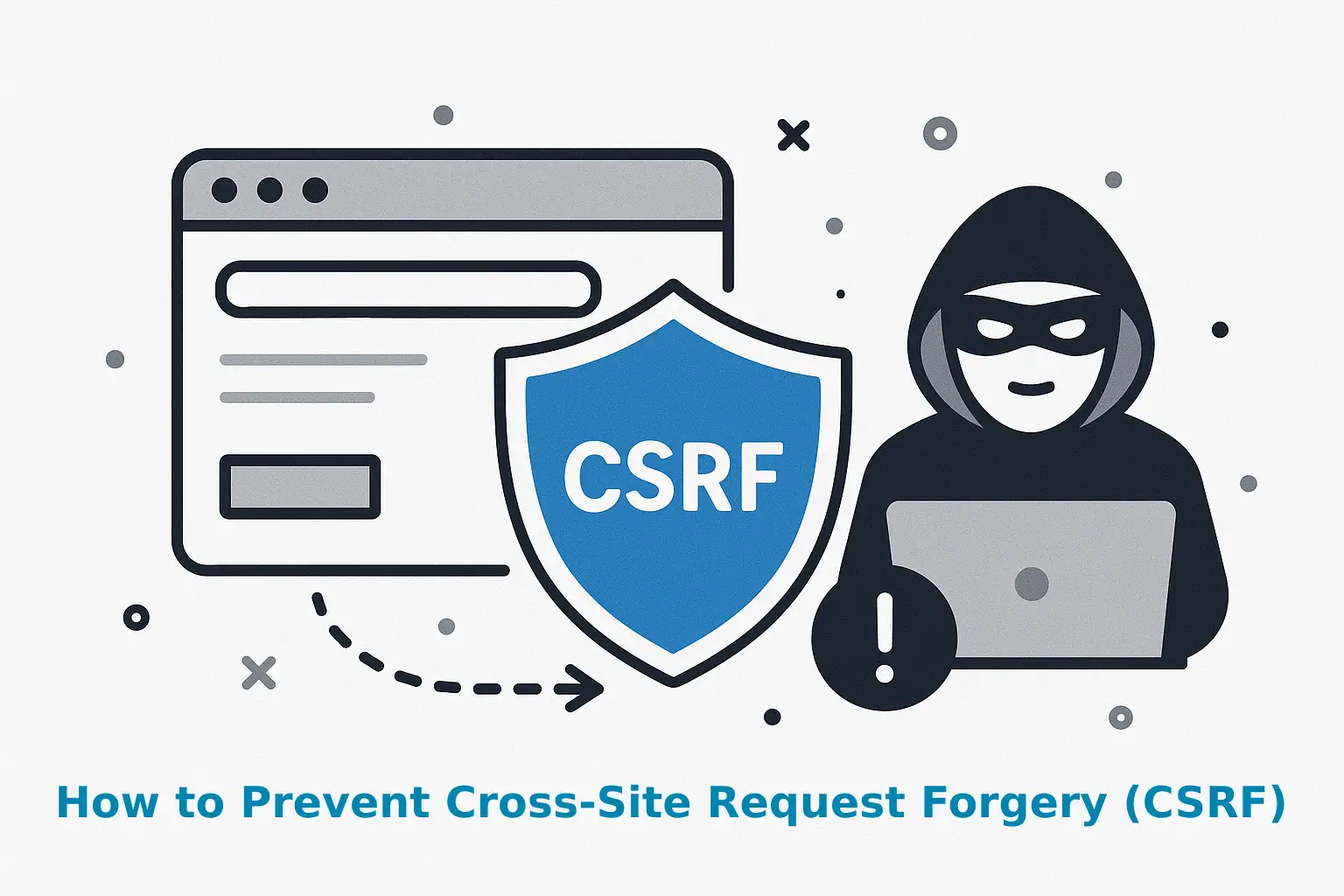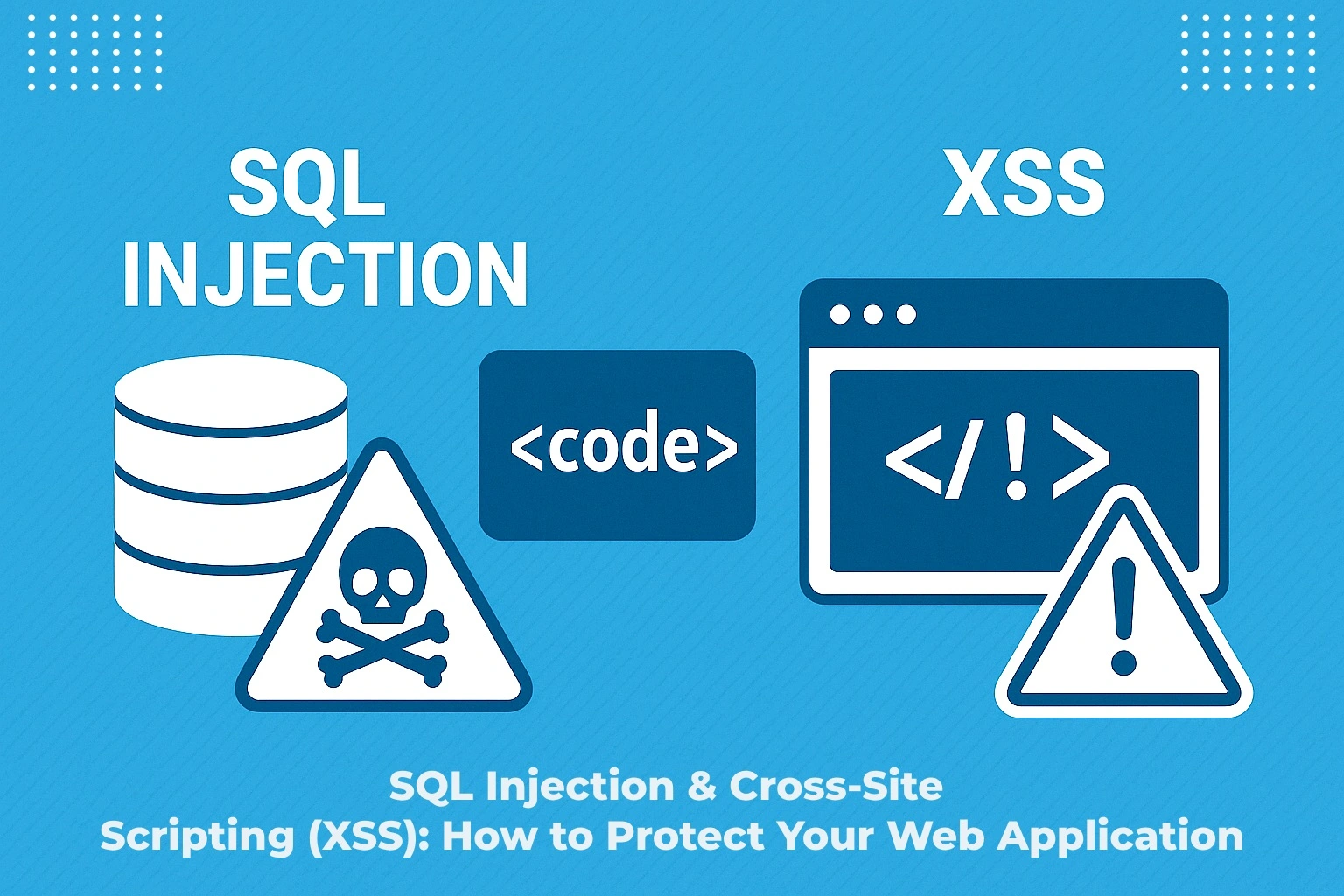
Mobile App Development
Editorial Team
05 July 2025
Introduction
In today’s mobile-driven world, businesses rely heavily on mobile applications to engage customers, streamline operations, and stay ahead in competitive markets. But building an app that works today isn’t enough—it must grow with your business. That’s where scalable mobile app development becomes crucial.
In this comprehensive guide, we’ll explore what scalable mobile app development means, why it’s essential for modern businesses, the key features of a scalable app, and best practices to ensure your app is ready to grow.
What is Scalable Mobile App Development?
Scalable mobile app development refers to the process of building mobile apps that can handle increased numbers of users, data, and features without sacrificing performance or user experience.
In simple terms, scalability allows your app to expand its capacity as your business grows—whether you’re scaling from 1,000 users to 1 million or adding new functionalities.
Two types of scaling are involved:
- Vertical scaling: Enhancing the power of servers (CPU, memory) to handle more operations.
- Horizontal scaling: Adding more servers or instances to balance increased traffic.
A scalable app ensures your business won’t face outages or slowdowns as it grows.
Why is Scalable Mobile App Development Crucial?
Let’s explore why mobile app scalability is vital for long-term success:
- Future-Proof Your Investment: Mobile app development is expensive. Scalability ensures you won’t need to rebuild or overhaul the app later as your business expands, saving money and time.
- Support Growing User Base: If your app goes viral or gains popularity quickly, a non-scalable app might crash or lag. Scalable apps handle traffic surges without breaking down.
- Faster Feature Expansion: Want to add new features or integrate with third-party tools? A scalable app makes it easier to add new functionalities without disrupting existing systems.
- Improve User Retention: Users expect smooth, fast, uninterrupted app experiences. Scalable apps ensure uptime and performance, boosting user retention and satisfaction.
- Enable Global Reach: Planning to expand internationally? A scalable app can adapt to global audiences, languages, and compliance standards.

Key Features of a Scalable Mobile App
Here are the must-have features in any scalable mobile app development project:
- Modular Architecture : Break the app into independent modules or microservices for easier scaling.
- Cloud Infrastructure: Use AWS, Azure, or Google Cloud for flexible server resources.
- Revenue Opportunities: Apps open monetization channels through in-app purchases, subscriptions, ads, or ecommerce integrations.
- Load Balancing : Distribute user traffic across servers to avoid overload.
- Efficient Database Design: Apps can streamline internal processes, from inventory management to team collaboration.Use scalable databases (MongoDB, Cassandra, PostgreSQL with replication) for data growth.
- API-Driven Development: Enable integration with backend services and third-party tools for easier scalability.
- Caching Mechanisms: Reduce load on servers and databases with Redis, Memcached.
- Asynchronous Processing: Offload background tasks (notifications, image processing) to job queues like RabbitMQ.
- Built-in Security: Scalable apps must secure user data, especially at scale.
Best Practices for Scalable Mobile App Development
Follow these best practices for scalable mobile app development:

1. Design for Scalability from Day One
Don’t “add scalability later.” Build scalable architecture, databases, and API structures from the start.
2. Use Cloud-Native Infrastructure
Avoid physical servers. Cloud platforms offer auto-scaling, load balancing, and managed services ideal for scalable apps.
3. Choose Scalable Tech Stack
Use technologies known for scalability
- Backend: Node.js, Golang, Java Spring
- Frontend: React Native, Flutter
- Databases: PostgreSQL, MongoDB
4. Implement CI/CD Pipelines
Use continuous integration/deployment to deliver updates quickly without downtime as you scale.
5. Optimize API Calls
Minimize API payloads, use pagination, caching, and rate limiting to improve performance under load.
6. Monitor App Performance Continuously
Use tools like New Relic, Datadog, Firebase Analytics to catch issues early and optimize performance.
7. Prepare for Horizontal Scaling
Use stateless servers, containers (Docker), orchestration (Kubernetes) to simplify adding more server instances.
8. Conduct Load Testing
Test how your app handles spikes using JMeter, Locust, BlazeMeter to find weak points before launch.
9. Use CDNs for Static Assets
Reduce load on servers by using Cloudflare or AWS CloudFront for images, scripts, videos.
10. Design for Offline Scenarios
Add offline caching, local storage, sync-on-connect to support users with poor network connections.
Real-World Examples of Scalable Apps

- Instagram scaled from 25,000 users to over 1 billion by moving from monolith to distributed systems and using caching at scale.
- Uber scaled globally by adopting microservices, event-driven systems, and real-time data pipelines.
- Spotify uses Kubernetes, load balancing, and distributed storage to serve millions of concurrent users.
How Scalable Apps Drive Business Growth

A scalable mobile app is not just a technical achievement—it drives real business value:
- Better Customer Retention – Users stay loyal to reliable, fast apps.
- Supports Rapid Growth – Handle sudden traffic spikes or viral success.
- Enable Fast Feature Delivery – Add features faster to stay competitive.
- Global Expansion – Enter new regions with confidence.
- Reduced Long-Term Costs – Avoid expensive rebuilds and maintenance.
Without scalability, businesses risk losing users, damaging their brand, and missing growth opportunities.
At Secuodsoft, we combine cutting-edge technology and deep industry expertise to deliver scalable mobile app development tailored to your business growth. From the start, we design modular, cloud-native architectures that can effortlessly handle growing user demands, data expansion, and feature upgrades. Our team leverages microservices, load balancing, scalable databases, API-driven development, and containerized deployment (Docker, Kubernetes) to ensure your app remains fast, secure, and reliable - even as you scale from hundreds to millions of users. With continuous performance monitoring, automated testing, and robust DevOps practices, Secuodsoft empowers your app to support expansion into new markets, seamless integrations, and evolving customer needs - driving long-term success and innovation.
Conclusion
- In a rapidly evolving market, building an app that works “for now” is risky. Instead, invest in scalable mobile app development to ensure your app grows with your users, your business, and new market opportunities.
- By following scalable design principles, using cloud technologies, and adopting best practices, your app will deliver consistent performance, adaptability, and user satisfaction.
- Is your mobile app ready to scale? Partner with Secuodsoft's expert developers to build an app that grows with your business - and beyond.





























































